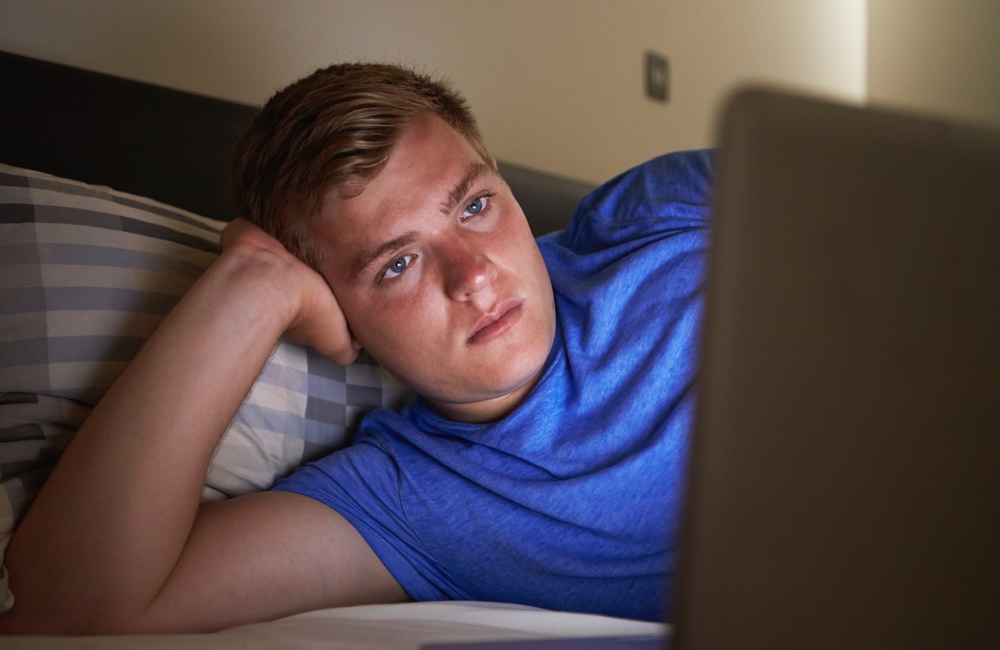Life at boarding school, for most students, has pros and cons. It can promote social connections and lead to greater life satisfaction and academic success. The lights-out restrictions of boarding school also can improve sleep, according to a new study.
Student boarders are also prone to feeling lonely and isolated, especially at first. Those emotional issues can also contribute to poor sleep, particularly among adolescents, the age group that makes up the ranks of boarding school students.
To see how students' sleep habits affected their psychological well-being — measured by how much stress, anxiety and depression they were feeling — researchers from the University of South Australia compared the sleep habits of boarding students to those of day students at the same co-educational private school in Adelaide, Australia.For both boarding and day students, getting more sleep on weekday nights was associated with less stress, anxiety and depression — evidence of the importance of sleep for teens' mental health.
For both boarding and day students, getting more sleep on weekday nights was associated with less stress, anxiety and depression, offering evidence of the importance of sleep and good sleep hygiene for adolescent mental health.
Compared to day students, boarders reported getting about 40 more minutes of sleep per weeknight. They went to sleep earlier and woke up later than day students. The structured routine for boarding students, with specific times for sports, meals, studying and socializing before a fixed time for lights out, and restrictions on technology use before bed, was more conducive to sleep, the researchers explained.
“Night time routine and restricting technology seem to be the key to better sleep, and this was borne out by feedback from the students,” Alex Agostini, a co-author of the study and a researcher at the University of South Australia, said in a statement.
Initially, feelings of loneliness and homesickness can disrupt sleep for new boarding students. But once they begin to adjust and make friends, new boarders usually feel less homesick and their feelings of loneliness began to improve. As the researchers point out, “While it takes time to settle in and get used to boarding, the daily routine can promote sleep.”
The study demonstrates the value of restricting technology at night. Parents of teens who are living at home can still set up some rules with their kids about limiting online access to protect sleep. Further studies are needed to look at the association between sleep and psychological factors over time, the researchers said. Studies are also needed to better understand the experiences of gender-diverse boarding school students.
The study is published on the British Journal of Educational Psychology.





